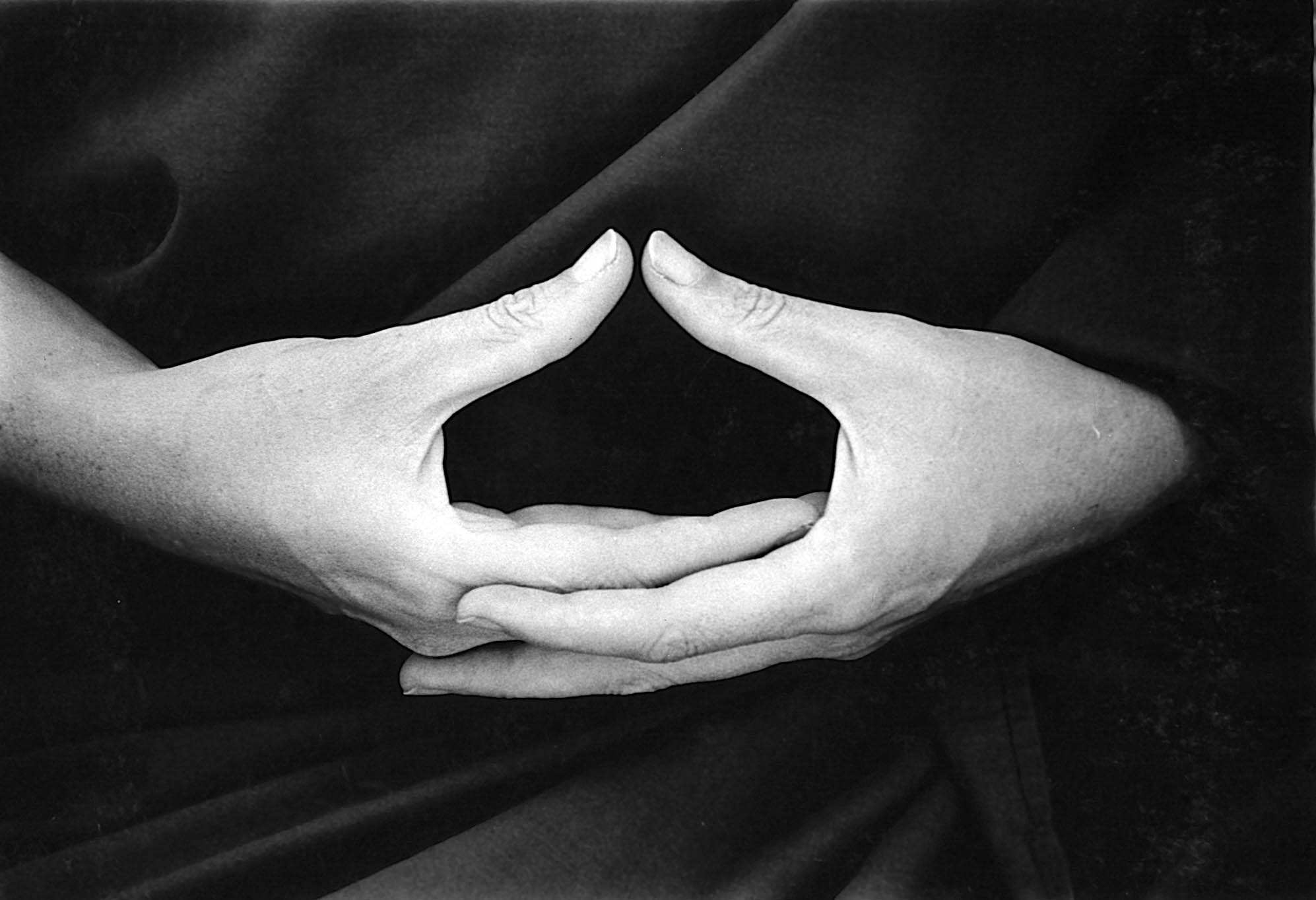So, let's look deeper ...
The History of Meditation
The history of meditation and where it began is unsure. Researchers believe it may have derived with primitive hunter-gatherers discovering meditation and its altered states of consciousness while staring at the flames of their fires. Some of the earliest references to meditation are found in the Hindu scriptures. In the 5th century, meditation developed in China, and Buddhist India. Hindus Buddha meditation began when Buddha reached enlightenment by meditating under a Bodhi Tree around 500 BC. There are 2 styles of Chinese meditation, the Zen meditation is silent and Buddha meditation is where you use your voice to chant. Meditation has grown in popularity in the West using the silent Zen meditation or the sound meditation of Buddha. Throughout the course we will be practicing many styles which include the traditional and the old styles.
Benefits of Meditation
Meditation is a practice that gives balance physically, emotionally and mentally. Today, people are using meditation to treat anxiety, stress, and depression. To silence the mind in meditation helps a person to remove stress and enables them to think clearly so they make better decisions. A worried negative mind creates confusion and the ‘fight or flight’ reflex, where often the person becomes unwell mentally and physically. While primitive people needed this response in hunting situations, today it is the reason for many of our everyday stresses. During meditation, blood flow is directed to the parasympathetic nervous system instead. This is the part of the brain that triggers relaxation, a slower pulse and energy conservation. Meditation has been successfully used to help people quit smoking, conquer drug and alcohol addictions, reduce blood pressure and reduce symptoms of pre-menstrual syndrome and menopause. Meditation aids in lowering heart rate and blood pressure by slowing down breathing, which reduces the amount of oxygen needed. Along with the mind, muscles gently relax. “Some experts have compared it to a ‘reset button’ for your body.” The medical profession is accepting relaxation techniques such as meditation are beneficial for patient’s well-being by aiding their recovery from illness. As more scientific knowledge is gathered, meditation will become a more accurately and frequently prescribed treatment.
Healing Meditation
For centuries people have realised that the way they think can affect the outcomes of their physical well-being. A person who is depressed and sad is more likely to have low energy and catch a cold or have headaches. Many people believe that the mind has the power to heal not just the emotional body but the physical body. A healing meditation is an effective tool to enhance a healing session. The client is encouraged to go deeper into a relaxed state where they can focus on the area they wish to be healed. The practitioner can use the power of suggestion to influence the client into sending positive and loving thoughts to the injury. An easy way to do this is to suggest to the client at the start of the healing session, to imagine warm soothing water on the area where it washes away any pain. The healer’s voice at the start of the healing session helps to relax the client’s busy mind. The client can lose themselves in the meditation journey and ignore any irritating thoughts. Including meditation with a healing session makes the healing a deeper experience
For more information and to book yourself a meditation session - see the links below
Meditation
Private 1-1
Meditation
Groups (minimum of 4)
Meditation
Corporate
Contact Me
To find out more or to book a healing session, please click on the button below and fill out the form


